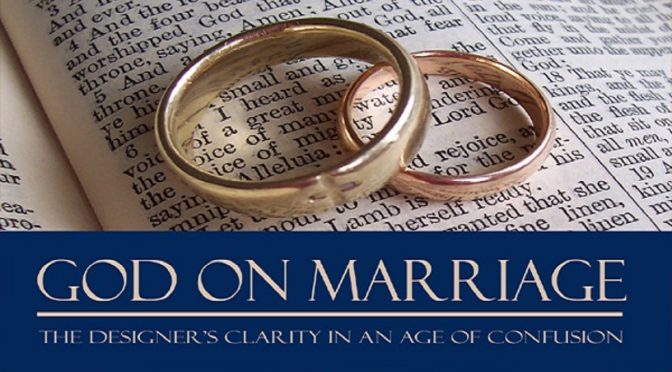Contents
Introduction
After his teachings on the importance of becoming great by serving, Jesus left Capernaum and travelled to the region of Judea and beyond the Jordan. As usual, Mark says “crowds gathered around him; and, as was his custom, he again taught them” (Mark 10:1). The Gospels emphasize Jesus went about teaching. Everything he did was founded on teaching. Teaching to heal people physically and spiritually. This week’s Gospel reading is particularly interesting. It concerns marriage or more specifically, the sacrament of matrimony. It is about marriage and responsibility. It is particularly interesting because, for some years now, there has been series of discussions, conversations, and debates, sometimes intense, concerning and around this theme – marriage. Jorge Mario Bergoglio, the present Pope (Francis), has been in the forefront of this discussion/debate.
Hardness of heart
“Jesus answered the Pharisees, what did Moses command you? They said, Moses allowed a man to write a certificate of dismissal and to divorce her. But Jesus said to them, because of your hardness of heart he wrote this commandment for you” (Mark 10:3–5). To the interrogation of the Pharisees: “Is it lawful for a man to divorce his wife?” (Mark 10:2), Jesus replied with a counter-interrogation: “What did Moses command you?” (Mark 10:3). When they answered that, “Moses permitted a man to write a certificate of divorce and send his [wife] away” (Mark 10:4), Jesus immediately reminded them that it was due to the hardness of their hearts that Moses wrote such law (cf. Mark 10:5).
Marriage and responsibility
A crucial moment of the celebration of the Sacrament of matrimony is the exchange of consent between the man and the woman. Both the man and the woman express their free consent in and with the following words: “I, (Name) take you (Name), to be my wife/to be my husband. I promise to be true to you in good times and in bad, in sickness and in health. I will love you and honour you all the days of my life.” In the United States and other places, the consent takes this form: “I, (Name), take you, (Name), for my lawful wife/husband, to.….…
Conclusion
Marriage is not for social convenience. It is not for social status. It is not made by man. It is not for financial stability. It is not an outdated institution for the 21st century. It is not a prison cell. It is not for physical attractions. It is man’s response to the divine ability. It is a responsibility. Families must meet the family’s material needs for food, shelter, clothing and emotional needs. For marriage to succeed, partners must be willing and able to take on these responsibilities. Yes! It is a shared responsibility. Both husband and wife must know their roles and fulfil them properly. A happy marriage is the work of two people, never just one. A good wife encourages the husband to give his best to the relationship, so as a good husband motivates the wife to give her best to their marriage. A good marriage is always a relationship of balance. Each couple should know what makes their marriage function. In fact, there is no written recipe to a happy marriage because each marriage is different.
FOR DETAILS, GET YOUR OWN COPIES OF THE BOOK “THE WORD OF LIFE: SUNDAY REFLECTIONS” (vols. I and II)!! The reflection for the 27th Sunday of the year (B) is found in vol. II pages 441–453. Happy reading!
For details on how to get it, contact the author on this link: https://m.me/uchennabiblia?fbclid=IwAR2yeg4a6sDGBp9QGkIvKj6FSADumMokN6lshdE0zuo-JHs6qOmlhA7jyHo or email me at: postmaster@uchennabiblia.com or simply send an SMS on 08116100926, and I will get back to you.

